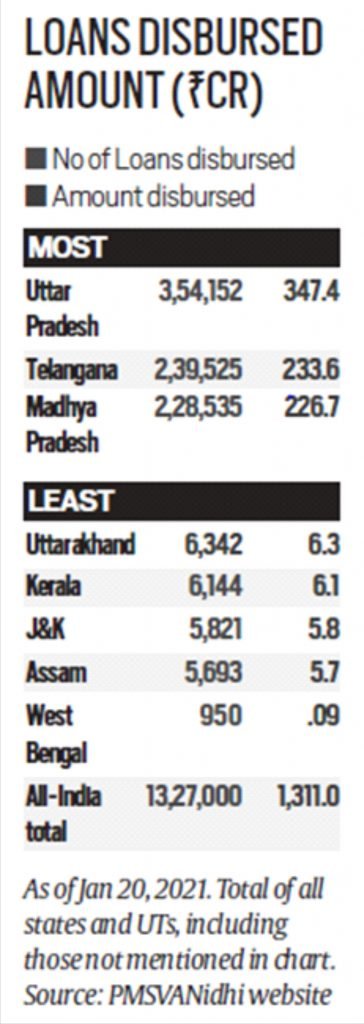2 in 5 adults have 3 or more risk factors for NCD:
Government survey
IN NEWS
- According to the National Non-communicable Disease Monitoring Survey (NNMS), while two in five adults have three or more risk factors for non-communicable diseases (NCD) in India, the status of health system in responding to the disease burden is also underscored.
About:
- NNMS, the largest comprehensive national Survey on risk factors and health systems preparedness of NCDs along with the framework on use of telemedicine for cancer, diabetes, heart diseases and stroke warned a ticking bomb to go off situation.
- The purpose of the survey was to collect reliable baseline data on key indicators (risk factors, select NCDs and health systems response) related to the National NCD monitoring framework and NCD Action Plan.
- This is the first of its kind of a comprehensive survey on NCDs using standardised tools and methods, covering the age groups of 15-69 years, males and females residing in urban and rural areas of the country.

FINDINGS:
- More than one in every four adults and 6.2% adolescents were overweight or obese; almost three out of ten adults had raised blood pressure and 9.3% had raised blood glucose.
- More than two in five adults and one in four adolescents were doing insufficient physical activity and their average daily intake of salt was 8 gms.
- One in every three adults and more than one-fourth proportion of men used any form of tobacco and consumed alcohol in past 12 months respectively.
- Telemedicine can bridge and link all these aspects. It can be adapted and used by medical practitioners from primary to tertiary health care level in India, through the national teleconsultation network and other similar platforms.
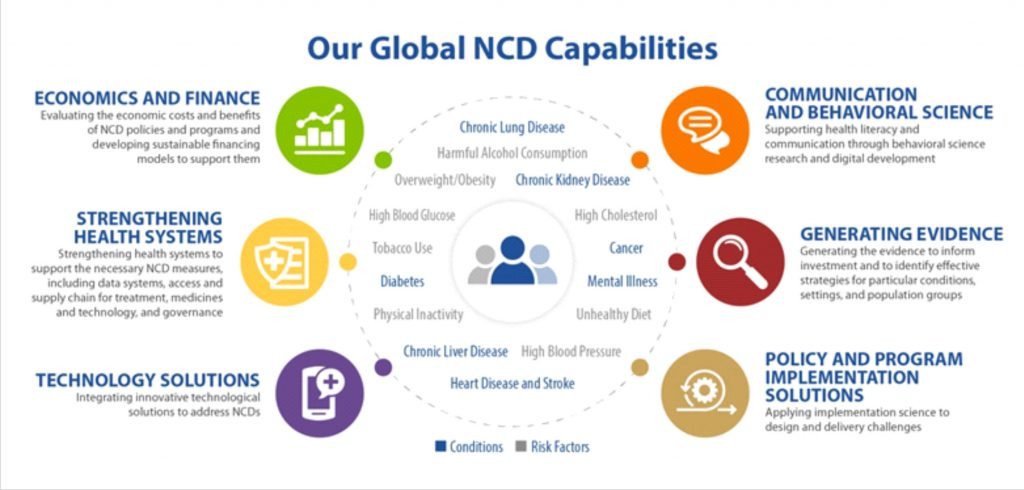
List of Padma awardees — 2021
IN NEWS
- This year the President has approved conferment of 119 Padma Awards including 1 duo case (in a duo case, the Award is counted as one) as per list below.
- The list comprises 7 Padma Vibhushan, 10 Padma Bhushan and 102 Padma Shri Awards.
- 29 of the awardees are women and the list also includes 10 persons from the category of Foreigners/NRI/PIO/OCI, 16 Posthumous awardees and 1 transgender awardee.
ABOUT:
- Padma Awards – one of the highest civilian Awards of the country, are conferred in three categories, namely, Padma Vibhushan, Padma Bhushan and Padma Shri.
- The Awards are given in various disciplines/ fields of activities,– art, social work, public affairs, science and engineering, trade and industry, medicine, literature and education, sports, civil service, etc.
- ‘Padma Vibhushan’ is awarded for exceptional and distinguished service; ‘Padma Bhushan’ for distinguished service of high order and ‘Padma Shri’ for distinguished service in any field.
- The awards are announced on the occasion of Republic Day every year.
- These awards are conferred by the President of India at ceremonial functions which are held at Rashtrapati Bhawan usually around March/April every year.
| Padma Bhushan (10) |
|
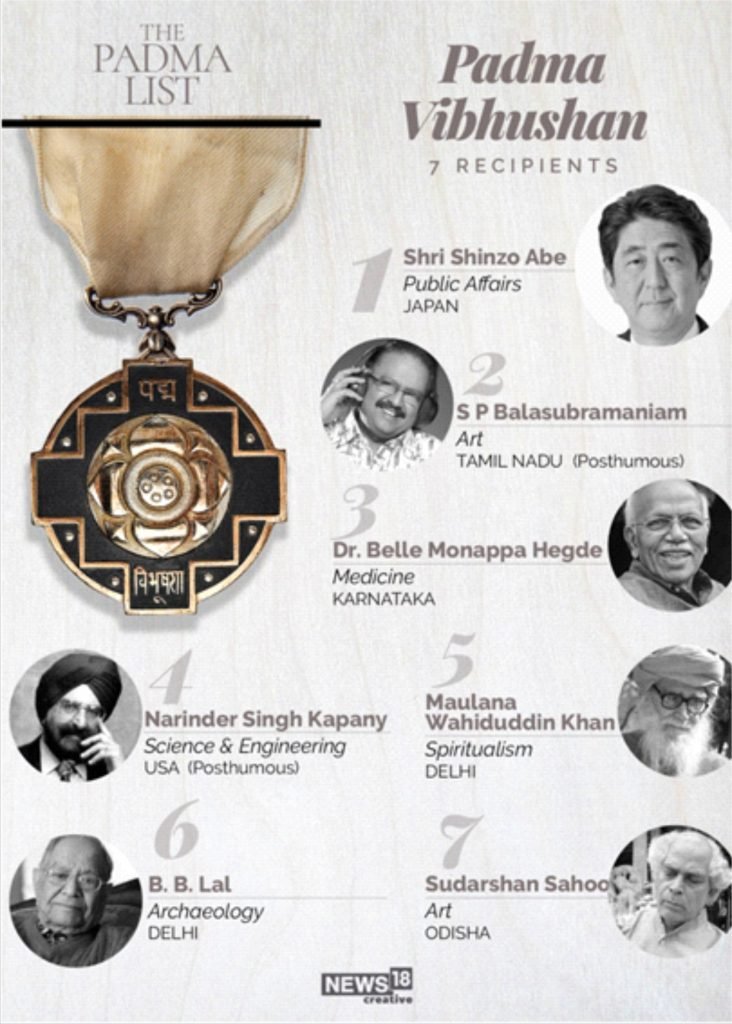
FDI inflows
CONTEXT:
- Recently, the World Economic Situation and Prospects 2021, has been produced by the United Nations Department of Economic and Social Affairs (UN DESA)
ABOUT:
- According to the United Nations, Foreign Direct Investment (FDI) into India rose by 13 per cent in 2020, boosted by interest in the digital sector.
- Fund flows “declined most strongly” in major economies like the UK, the USA and Russia due to the Covid-19 pandemic, India and China “bucked the trend”.
- Global foreign direct investment (FDI) collapsed in 2020 by 42 per cent to an estimated $859 billion from $1.5 trillion in 2019.
- The global economy shrank by 4.3 per cent last year, over two-and-a-half times more than during the global financial crisis of 2009. The modest recovery of 4.7 per cent expected in 2021 would barely offset the losses of 2020.
- Such a low level was last seen in the 1990s and is more than 30 per cent below the investment trough that followed the 2008-2009 global financial crisis.
- The government policies and reforms have made India a preferred destination for FDI and the inflows grew at the fastest rate among top economies.
- India’s economy is projected to grow at 7.3 per cent in 2021, even as it is estimated to contract by 9.6 per cent in 2020 as lockdowns and other efforts to control the Covid-19 pandemic slashed domestic consumption.

Sexual assault under POCSO
CONTEXT:
- The Nagpur bench of Bombay High Court acquitted a man of sexual assault on the grounds that pressing the breasts of a child over her clothes without direct “skin to skin” physical contact does not constitute “sexual assault” under the Protection of Children from Sexual Offences (POCSO) Act.
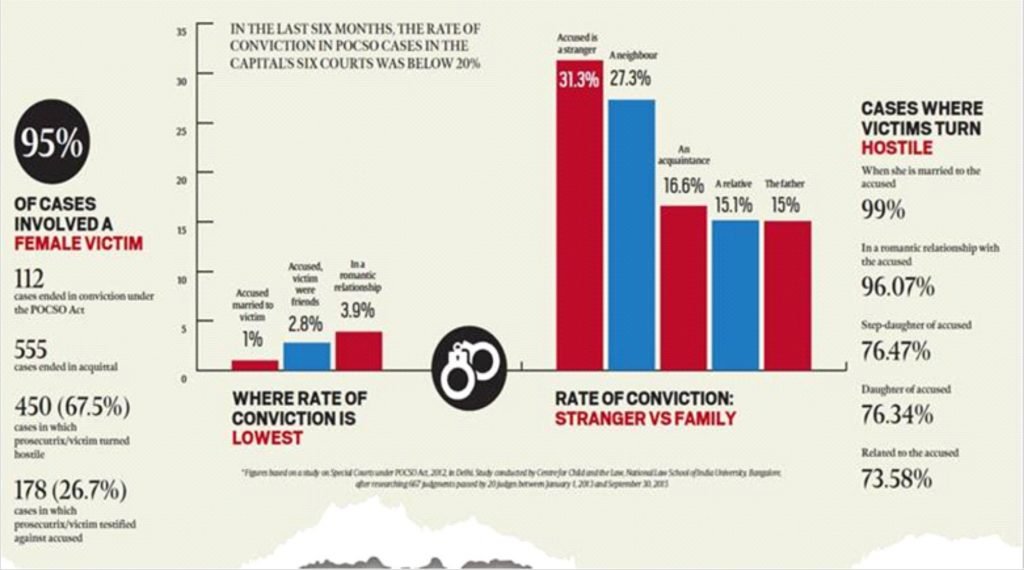
ABOUT:
- It set aside the ruling of a lower court under Section 8 of POCSO applicable to “sexual assault” on children, against convict.
- Section 8 of POCSO provides for stringent punishment of five years’ of rigorous imprisonment (RI), the High Court observed that “stricter proof and serious allegations are required”.
- As such there is no direct physical contacte. skin to skin with sexual intent without penetration”.
- The bench observed that “the act of pressing breast can be a criminal force to a woman/girl with the intention to outrage her modesty.”
- This Court holds that the appellant is acquitted under Section 8 of the POCSO Act and convicted under minor offence u/s 354 of IPC and sentenced him to undergo RI. The maximum sentence is five years and the minimum one year for an offence under this section.
- POCSO’s definition of sexual assault: Act must have been committed with sexual intent, act must involve touching the vagina, penis, anus or breast of the child or making the child touch the vagina, penis, anus or breast of such person or any other person or doing any other act with sexual intent which involve contact without penetration.
- As per the definition of ‘sexual assault’, a ‘physical contact with sexual intent without penetration’ is an essential ingredient of the offence.
- The words ‘any other act’ encompasses within itself the nature of the acts which are similar to the acts which have been specifically mentioned in the definition on the premise of the principle of ejusdem generis (of the same kind). The act should be of the same nature or close to that.”
e-EPIC
CONTEXT:
- Recently, on National Voter’s Day on 25 January 2021, e-EPIC has been launched.
ABOUT:
- e-EPIC will be a non-editable secure portable document format (PDF) version of the EPIC which can be downloaded on mobile or in a self-printable form on the computer.
- A voter can thus store the card on his mobile, upload it on Digi locker or print it and self-laminate it.
- This is in addition to PVC EPIC being issued for fresh registration.

BENEFITS TO CITIZENS:
- Alternate and faster mode of obtaining Electoral Photo Identity Card in a digital format.
- Equally valid as a proof of document for voter identification.
- Can be printed at the convenience of the voter and can bring it as proof during poling.
- Self-service
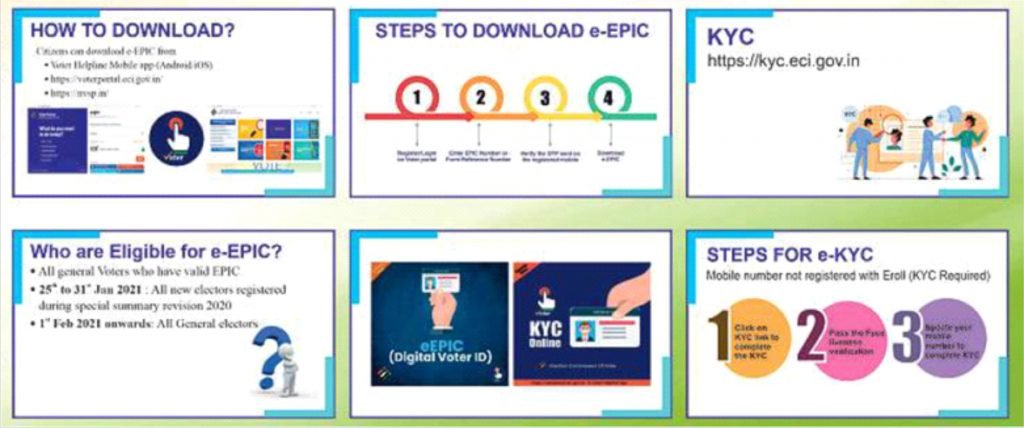
NATIONAL VOTERS DAY (NVD):
- The 11th NVD is being celebrated by the Election Commission of India (ECI).
- It is celebrated since 2011.
- According to the government, over 10 lakh locations across the country that include polling stations, sub-divisions, district headquarters celebrate this day to mark the foundation day of the ECI, which was founded on 25 January 1950.
PURPOSE OF NVD:
- To encourage, facilitate and maximize the enrolment of new voters and bring them in the democratic system.
- Dedicated to the voters in the country, the day witnesses activities aimed at promoting the participation of voters in the electoral process.
- Theme 2021 NVD: Making Our Voters Empowered, Vigilant, Safe and Informed

UP tops in disbursing vendor loans
CONTEXT:
- Several state governments are pushing the PM SVANidhi Yojana, the Centre’s micro-credit scheme for urban street vendors, there are stark differences in the pace of implementation of the scheme across states.
- Uttar Pradesh has disbursed over 3.5 lakh loans, and Telangana and Madhya Pradesh have given out over 2 lakh loans each over the past seven months, West Bengal, Assam, and Kerala have disbursed only a small fraction of those numbers.
ABOUT:
- The PM Street Vendors’ AtmanirbharNidhi (PM SVANidhi) scheme, launched in June 2020, provides street vendors collateral-free loans of Rs10,000 at concessional rates. All vendors who have been vending since March 24, 2020, and have a certificate of vending, can avail of the loan.
- UP tops the implementation list, with banks in the state having disbursed loans aggregating to Rs 347.4 crore to 3.54 lakh individuals as of 20 January 2021.
- West Bengal is at the bottom of the list – a mere Rs 9 lakh has been disbursed during this period under the scheme to just 95 individuals across the state. It is even lower than states that are far smaller in area and population, like Tripura, Mizoram, and Goa.
- Kerala is among the worst performers and it has so far disbursed a total Rs 6.09 crore to 6,144 individuals, scoring above only West Bengal and Assam among the bigger states.
